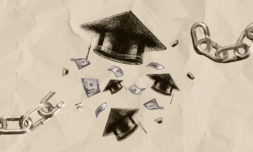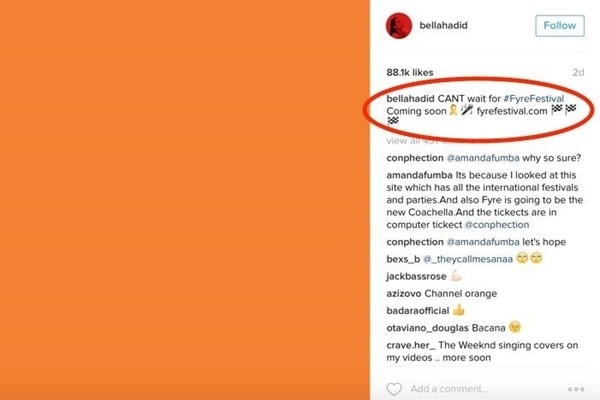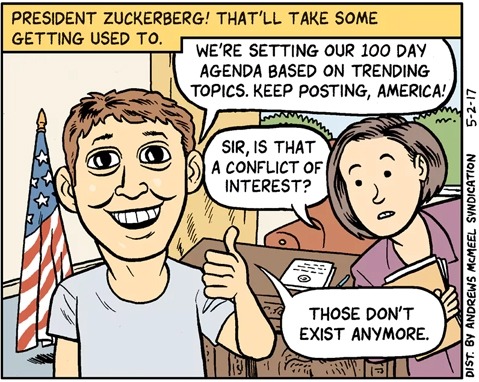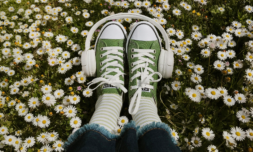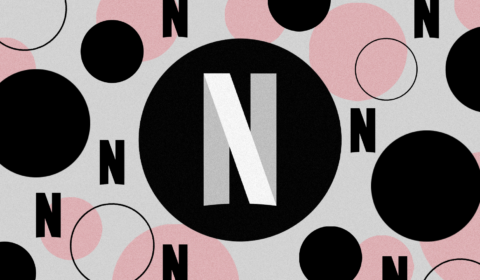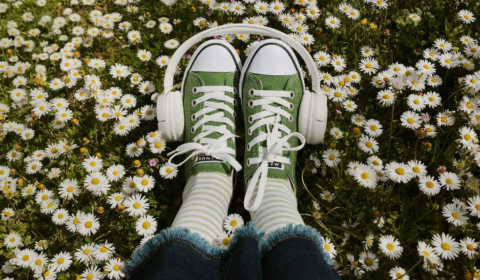What actually went wrong, and is it going to happen again?
We accept the unacceptable every day of our lives. As Yuval Noah Harari points out in his 2011 book Sapiens, human culture is set up around accepted fictions with no attachment to the material world e.g. laws, corporations, and belief systems. Or, as the Queen puts it in Alice in Wonderland, ‘sometimes I’ve believed as many as six impossible things before breakfast.’
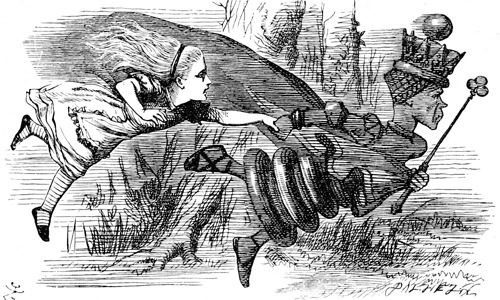

Usually, we only truly accept the validity of imagined structures if there are physical signifiers associated with it. We know that laws exist because jail exists, and we know that Microsoft exists because we use their programs. However, the millennial/ Gen Z era of social media has proven to us that it is possible for something to exist solely online (as seen through ‘virtual’ influencers).
So, it’s no surprise that it took a millennial to exploit the existence of imagined structures to a criminal extent. Billy McFarland, along with an apparently completely brainwashed, unaware, and ultimately innocent Ja Rule (yea okay), took the conceptual space of social media and enticed people to spend hundreds of thousands of dollars on a product that had no reality in the physical world – the Fyre Festival.
It appears that, in the modern world of entrepreneurship, the ‘proof of product’ part of any sales pitch no longer holds weight. The imagined structure has been taken to the extreme, as Billie McFarland was able to bypass any kind of quality control procedures and go straight to consumers through Instagram with an impossible promise wrapped in a skimpy bikini.
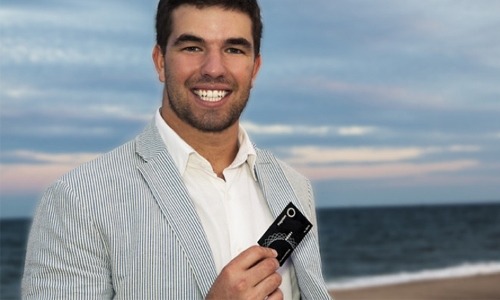

But, if you think about it, the first promotional trailer for the Fyre Festival did not ask you to engage in a belief more outlandish than any of the other five ‘impossible’ you believe in before breakfast.
After all, you believe entirely in the existence of the money in your bank account, despite never actually having seen it, simply because the bank tells you that it exists. Was it not equally plausible to believe that McFarland’s festival was legit?
With social media it becomes easier for entrepreneurs to market fictions. The weights and measures usually in place to ensure that consumers aren’t being duped have been replaced by a new middle man: the influencer. What was once a regulation bound marketing arm of a corporate body is now a Jenner.
In what’s become one of Instagram’s most infamous screw-ups, supermodels such as Bella Hadid and Hayley Baldwin have come under fyre (ha) for promoting the festival without confirming its legitimacy, enticing people to part with their hard-earned cash for nothing.











